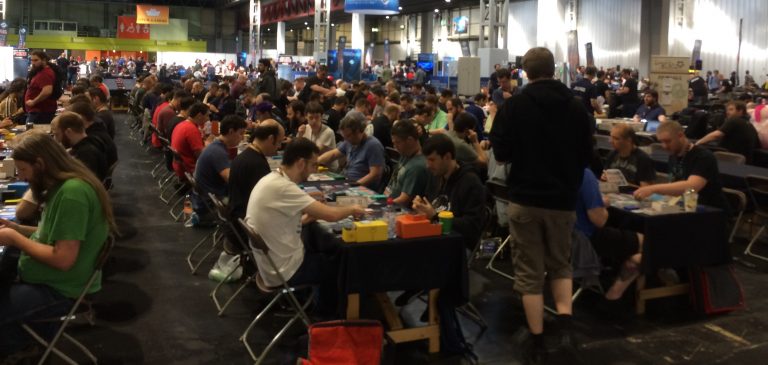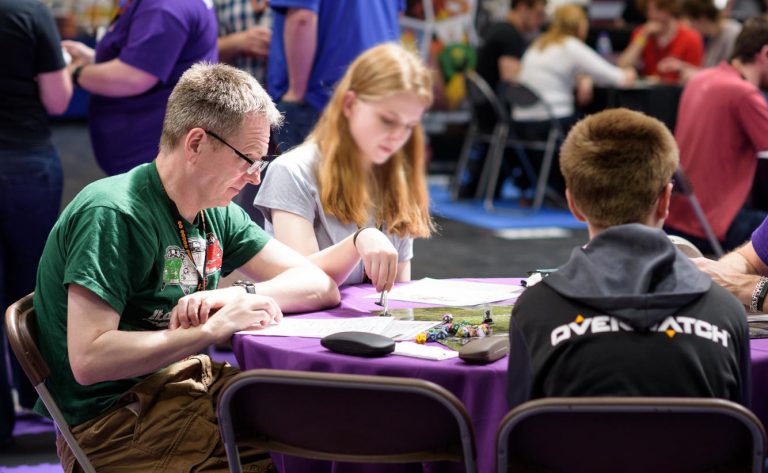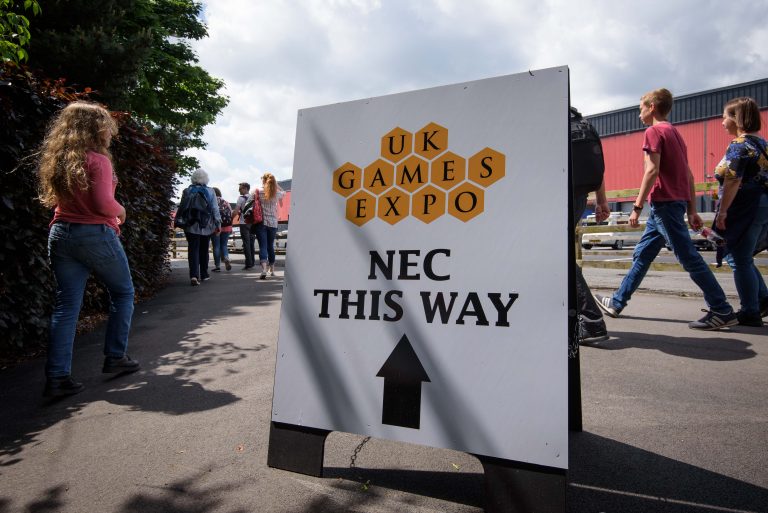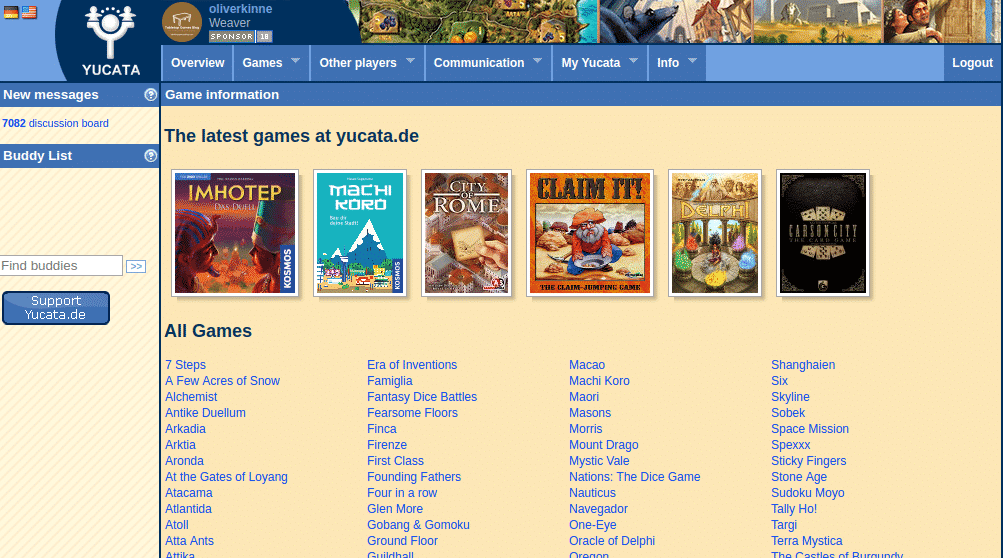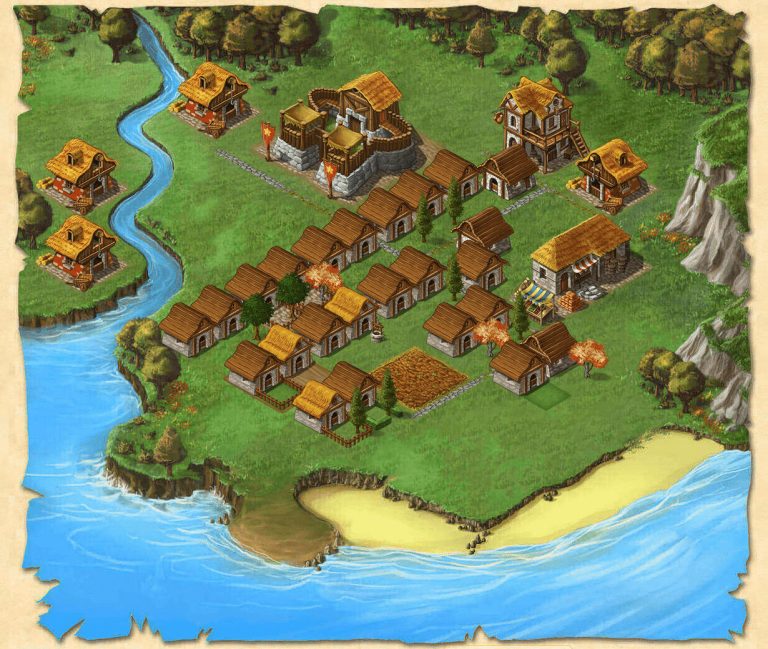Community spirit
There are a lot of great things happening in the tabletop game community, which is great and for a lot of us, playing games is about meeting new people, having fun and sharing a hobby. Yet, growing the community and showing people, who have never heard about board games, what it is that we all love about playing them, is a different thing and often seen as something that is up to boardgame cafes, tabletop evangelists or game publishers' marketing teams to achieve. However, we all can do something to grow the hobby and share with more people the joy of playing games.


